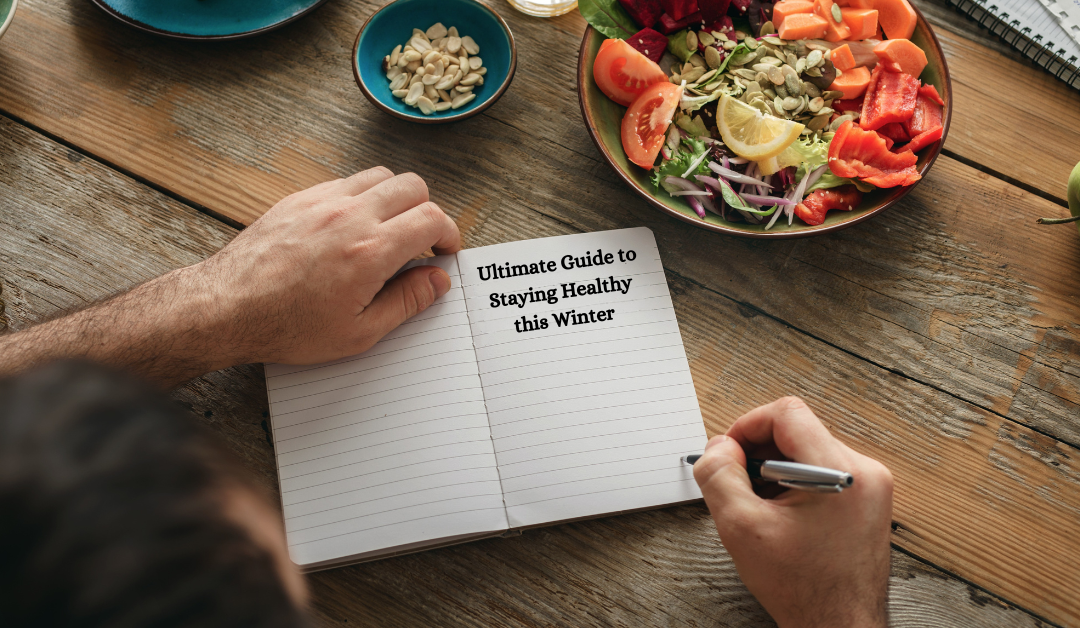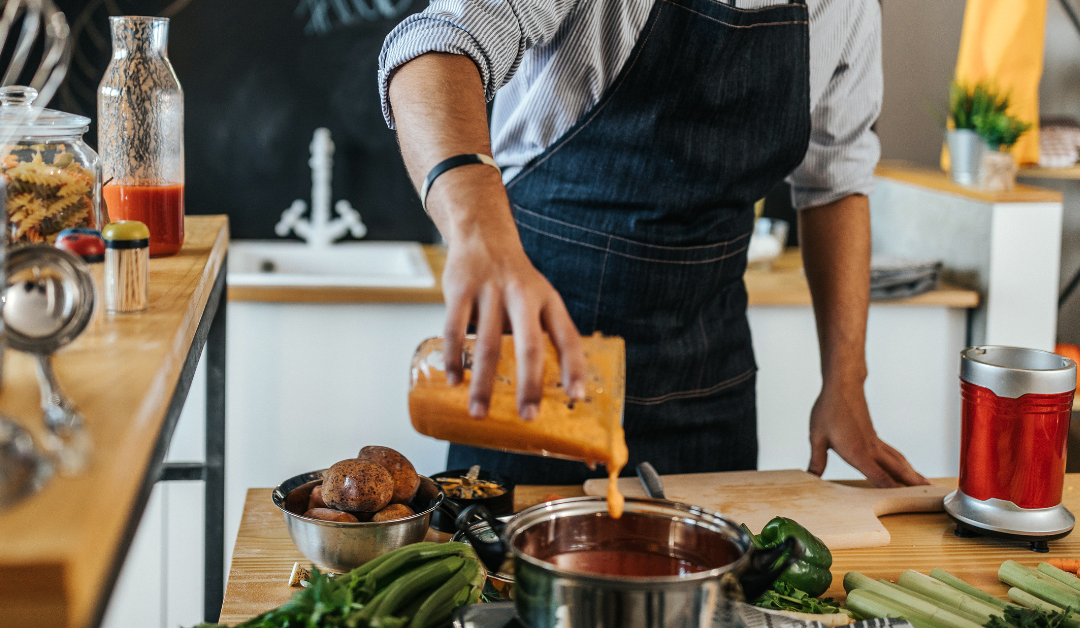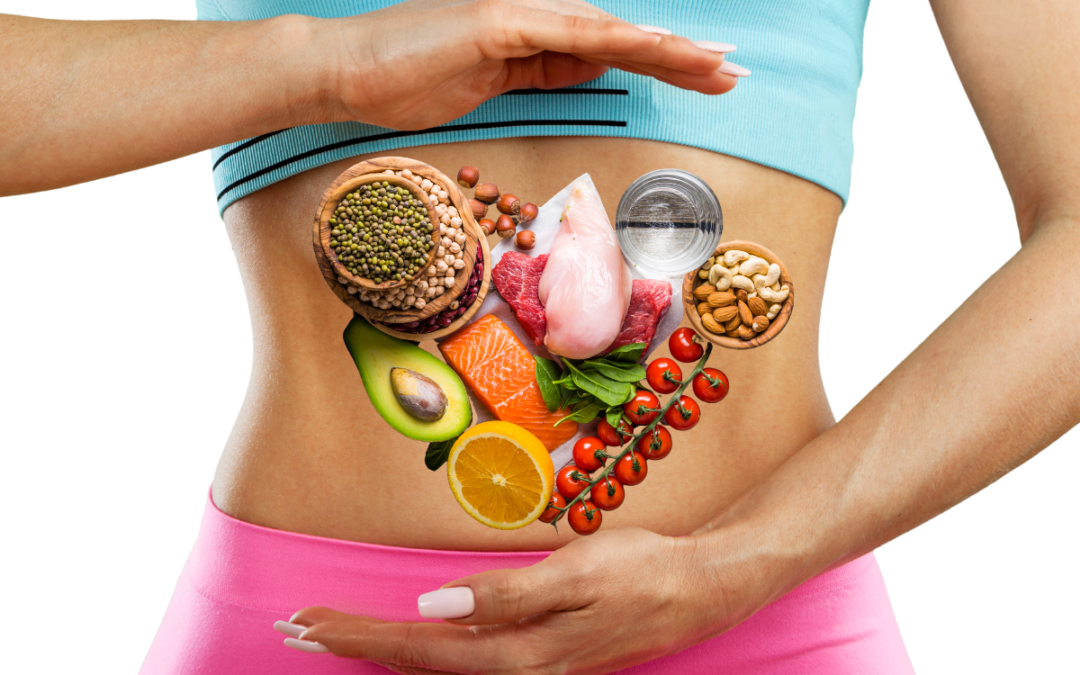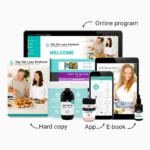


The Ultimate Guide to Staying Healthy this Winter: Nutrition, Immunity & Stress Support
Your immune system is like a personal army of defenders working daily to keep you healthy. A strong immune system not only helps prevent colds and flus but also reduces your risk of infections, allergies, asthma, skin conditions, and even chronic illnesses like cancer...

5 Warming Winter Meals to Support Weight Goals
Winter is here—bringing with it crisp mornings, earlier sunsets and the temptation to swap movement for movies and protein for potato chips. It’s easy to understand why many of us find this season trickier to navigate when it comes to our maintaining or reaching our...

New year, new you – 6 easy ways to support your gut health
Now that we’re a few days into the New Year, it’s a good time to think about what changes you would like to make in 2025. The connection between the health of your gastrointestinal system and your overall health and well-being is becoming better understood – Hippocrates may have been onto something when he said […]

A Real Food Menu for the Holiday Season!
Healthy Holiday Season Recipes It's the holiday season once again and we all know that that means a little extra socialising and a lot more food! We truly love that food is something that brings people together, and we know that it can feel a little daunting knowing...

Mindful Mingling: Your Guide to Sticking to Goals While Out and About
Healthy Eating Habits Protect Against Temptations Research shows that practising healthy eating consistently helps build resilience against cravings for unhealthy foods. The more you make nourishing choices, the easier it becomes over time, reducing those frequent...

Get Fit & Healthy For Summer
We all know how easy it is to slip into bad habits – those extra snacks, skipping workouts and letting stress affect our choices. The result? A bit more weight has crept on, and with summer around the corner, that sluggish feeling can leave you dreading the thought of...

Salt and Minerals – The Daily Dose
Salt and Minerals – The Daily Dose Minerals are an important part of our health, yet they are often overlooked. Minerals become part of tissue structure, like in bone and teeth, they help maintain acid base balance, to keep the body pH neutral they help regulate...

How to easily boost your immune system
How to easily boost your immune system In today's world, maintaining a robust immune system is crucial for overall health and well-being. This article outlines ten essential tips that can help enhance your immunity, support mental health, and promote a healthier...

The importance of Iodine
The Significance of Iodine The critical role of iodine has been well acknowledged. In 1924, the United States introduced iodised salt to address deficiencies and prevent various diseases, with Australia soon adopting the practice. Iodine was among the first trace...

22 Myths of Modern Diet and Nutrition
If you believe that low fat is best and margarine is healthier than butter, you might want to read this myth-busting blog by Cyndi!

Mother’s Day – Make this a day for wellness and celebration
There are plenty of ways to spoil our mamas - from a classic afternoon tea to a spa day. There's no right or wrong way to celebrate, but we've rounded up our favourite ways to incorporate a few little wellness touches in there to make Mother's Day even more special....

For the love of fermenting
Why won’t my Juice Ferment? Over the past few weeks I've been spending a bit of extra time in the kitchen testing my Changing Habits Probiotics and creating some different fermented mixes and a normal part of my kitchen-stocking routine includes buying beautiful fresh...

2024 International Women’s Day – A Q&A with Cyndi
What is your proudest achievement / moment in your career? There are so many amazing achievements in my 44 year career as a nutritionist, it’s hard to pick just one. But something that I never get sick of hearing is from the people who have followed me or read my...

The ‘O’ Word everyone’s talking about – Ozempic
Obesity Drug Ozempic is it the one pill wonder? I recently dropped into my local newsagent and found my eyes instantly drawn to the front page of The Weekend Australian.. The headline read…. “The Nations Weight Divide - Personal Problem or society’s fault?” I take my...

Flavours in Food and Vaping – it’s all Smoke and Mirrors
I’ve just returned home after travelling for nearly 3 months through different countries and continents. The food and habits of the different countries and areas are remarkably different. Diets and circadian patterns differ from place to place. I noticed that in...

Medicare’s free nutrition advice, but it’ll cost you your health.
The Dietitians of Australia believe that everyone should have free access to nutritional advice through the Medicare system, at least 7 visits a year, unsurprisingly, I agree that people need more information and education on nutrition. This free access to support and...


